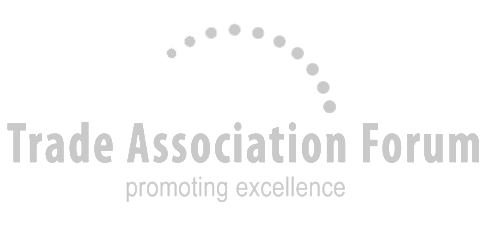The Association of Recruitment Consultancies (ARC) is calling for the government urgently to review the basis of charging the apprenticeship levy, following evidence that it disproportionately impacts on recruitment supply agencies.
Commenting on the decision to challenge the current implementation of the levy, Adrian Marlowe, chairman of ARC said “Whilst we welcome the government’s intention to increase funding to boost the number of apprenticeships in the UK, we believe in its current form the levy penalises supply agencies. It is disproportionate, unfair and threatens to distort the way recruitment supply agencies operate.”
The levy is due to apply a 0.5% charge on a business’ payroll in excess of £3m from April 2017. It was introduced in the Finance Act 2016 and a technical consultation for its implementation has recently closed.
Marlowe explains “The levy is to be calculated not only on payroll for an agency’s internal staff, but also on the payroll for supplied agency workers. As 80% to 90% of agency’s turnover routinely consists of agency worker payroll, compared with a regular employer whose payroll may only represent 33%, it follows that the contribution will be levied on a far higher proportion of turnover than any other kind of business.”
“In practice an agency that only has an internal payroll of £1m, but turns over £5m, would pay the levy whereas any other kind of employer with same internal payroll would not, even if that employer actually uses agency workers for which it pays £10m a year. This is clearly unfair, not least because the agency cannot use the levy fund to create meaningful apprenticeships, whereas the hirer in that situation could.”
Marlowe continues, “We understand that the government appreciates the impact that the levy will have on the supply sector in contrast to other employers, but nevertheless has given no indication that it intends to make any change. This comes at a time when the government has already placed responsibility for agency worker tax compliance generally on agencies and is now extending that responsibility to contractor tax under IR35, as announced in the Autumn Statement, so also affecting contractor agencies. One could be forgiven for believing that the recruitment supply sector is deliberately being targeted as a cash cow. ARC appears to be the only trade association that recognises the seriousness of this problem and is prepared to stand up for it members.”
ARC’s position follows the launch of its Manifesto 2016 in September under which it pledged to campaign for the government to modernise the agency tax and expenses rules to help post Brexit UK become a better place to do business.
“We believe that many supply agencies have not yet fully worked out the cost that the apprenticeship levy will have on their business. We have asked the Treasury to provide evidence concerning the consultation process as a necessary first step. We believe it has failed to follow its own published protocols, and we will take all actions that we can to address the issue. May I urge supply and contractor agencies that agree that the levy treatment is unfair and want their voice to be heard by government to join ARC.”
Marlowe concludes “As so many people have said to me over the years, we as an industry should all be speaking with one voice. It is hard to see that there could be a more impactive combination of challenges than right now, so let’s tackle this together.”
Full details of ARC’s campaign can be found by visiting <HERE> or calling 01273 777 997.



